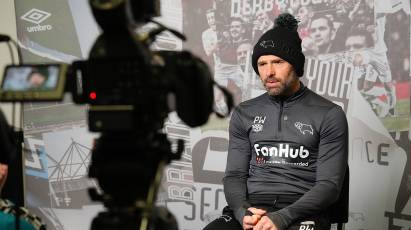Yesterday, Chief Football Writer at the Derby Telegraph Steve Nicholson announced he would be leaving his role following the conclusion of the 2021/22 Sky Bet Championship season.
Steve has covered Derby County for the local newspaper for 37 years, joining in October 1985, and his reports, columns and opinions have been synonymous with supporters, players and managers at the football club.
He took over as Chief Football Writer from the respected Gerald Mortimer in 2002 and made the position his own. He provided wit, humour and integrity to his writing and broke some of the biggest stories in the club’s recent history. He has covered promotion, relegations and has been at the heart of the Derby beat.
Last season, Steve covered his 1,000th consecutive game for the club during a 3-1 victory over Hull City at Pride Park Stadium in February 2022. But, he has decided that now is the time to pass the baton on to somebody new.
Here is a Q&A with Steve, which was first published in The Rampage, as he reacted to his 1,000th consecutive game, whilst he also touched on his career and the future of journalism.
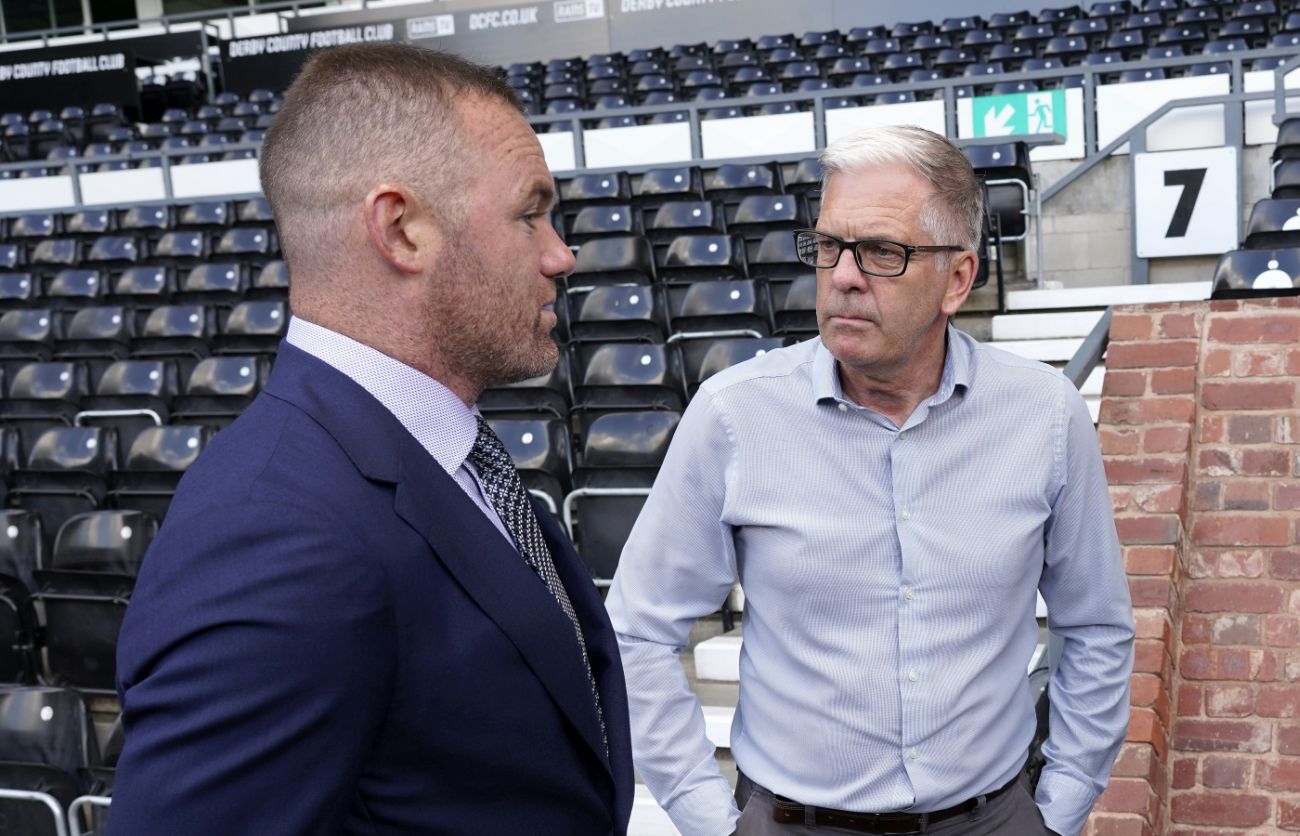
----------
Congratulations on reaching 1,000 consecutive games. That’s certainly some achievement so how are you feeling about reaching the landmark?
I’m certainly a lot greyer now! I’ve got no idea how many games I’ve done in total, and I really wouldn’t like to guess. I started working for the Derby Evening Telegraph in October 1985, so I don’t know the overall total. But, what I did was count from being appointed the Chief Football Writer when Gerald Mortimer retired. That was in the summer of 2002, so since then, I haven’t missed a game, which is now over 1,000 competitive games. I didn’t go to every game before I was Chief Football Writer. I was the Sports Editor at one stage and was Deputy Editor of the whole paper, too, so I reached my 1,000th consecutive first team game against Hull City in February.
Someone asked me if I’d ever been ill, and it’s actually a good point because we do take it for granted that you’re going to be okay on the Saturday or in the midweek. I’m sure I have been ill when I’ve been at matches, but you just have to get on with it and do the job to the best of your ability. It’s not something which I set out to do when I first started, but I said that if I was going to be seen as an authoritative voice on Derby County, then I felt I had to be at the games to back that up and that has driven it on.
Like you mentioned, not only illness, but I’m sure you would have maybe missed family events and special occasions to cover the club home and away? Also, your son, Kevin Nicholson, had a successful career, too, so you would have missed a lot of that?
I was fortunate at first because when he was coming through the Academy at Derby in the younger ages, they played on Sundays, so that was handy. When he got older and played, I saw some of his games but not all of them. I don’t recommend this to anybody, and in a way it’s sad, but I have missed major family get-togethers for birthdays, I’ve missed family weddings and I was very fortunate when my daughter got married. The wedding was planned for the Saturday and I knew I couldn’t miss that. I had it in my head that I was going to miss the game, which ironically was against Nottingham Forest, but with it being picked for Sky coverage, they moved it to the Sunday lunchtime slot which allowed me to go to the wedding and the game the day after! It was the one where Matej Vydra scored after 20 seconds, so I remember waking up in the hotel in the morning of the game, had some breakfast and quickly jumped in the car to Pride Park and covered the game. Even though I’m not keen on Sky moving games for television, I was grateful that day! I don’t think my daughter would ever have forgiven me if I chose Derby over her wedding!
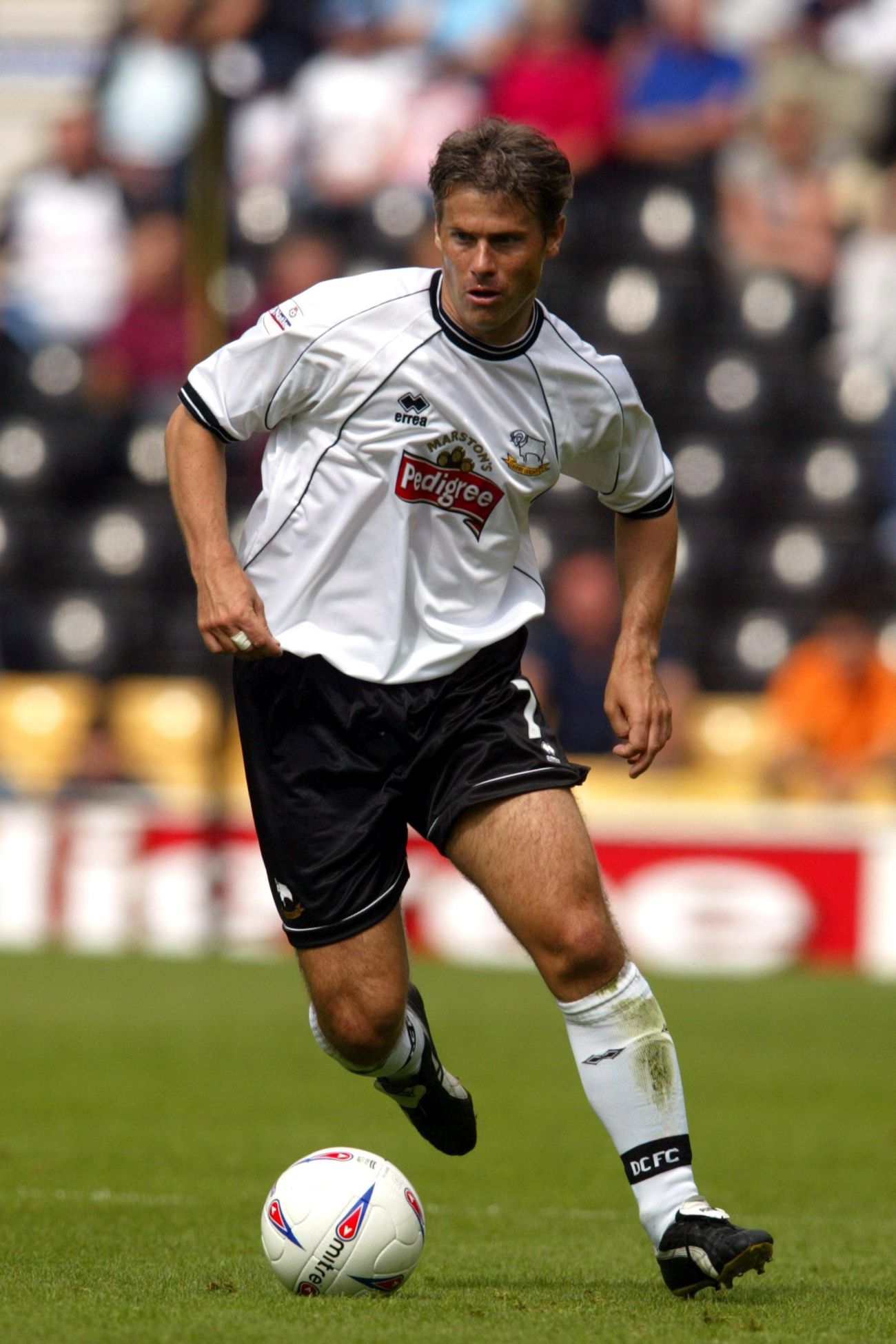
When you did start out covering the club in October 2002, did you ever imagine you’d get to 1,000?
Everything I do, I try to do it properly, and that was my only thinking. I never thought of landmarks and funnily enough, I never even thought about 1,000 games until my mate Martin Spinks at the Stoke Sentinel said that he had done it. Someone then asked me how many I had done and it was only then I started to count, because I didn’t know. I just do what I do and try to do it as thoroughly and professionally as I can. Looking back, a thousand games is a lot consecutively so you start thinking about all the games, all the places, all the travelling and other bits, and then you throw in friendlies, which I haven’t counted, but there are around 100 games there as well.
It was a nice way to round off the 1,000 as well, with a 3-1 victory over Hull City at Pride Park Stadium?
I didn’t mention it before the game and I deliberately didn’t because I was just hoping they would win the game. It rounded it off nicely. The first one I did was against Reading in August 2002 and they won 3-0 at home, and then the 1,000th game was a 3-1 victory over Hull, so it was nice to have a victory on both sides. After the game it was nice to just drop it out on social media, but I didn’t want to do it before the game.
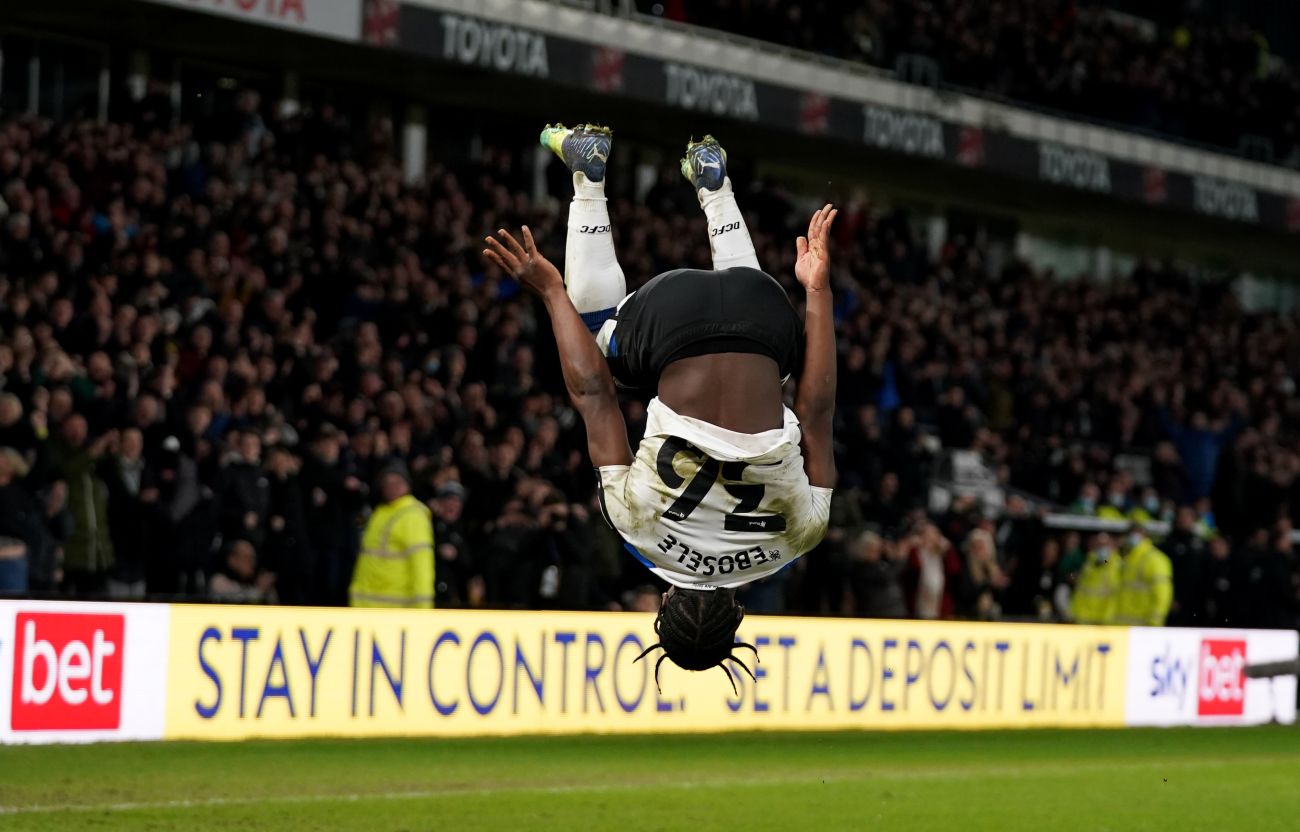
You’ve obviously seen and heard a lot of things over the past 20 years, in terms of matches, which are the ones that stick out the most for good and bad reasons?
Play-Off Finals are memorable, both for good and bad reasons. Queens Park Rangers, we know about, whilst Aston Villa wasn’t quite as dramatic but it was memorable for the whole occasion. Play-Off Semi Finals are special. Beating Brighton & Hove Albion 4-1 at home having won 2-1 down there in first leg was good and it was a classy performance. Beating Southampton in 2007 was also nice. Derby won 2-1 down there but Southampton were a good side and they won 3-2 at Pride Park which sent it to penalties. I’ve always said football grounds create their own history. The Baseball Ground had lots of history and magical nights and I think one of Pride Park’s most magical nights was the Southampton night. The heavens opened, they lost on the night, but won the tie on penalties in dramatic fashion and the scenes were unbelievable. I felt for a few people. George Burley was the manager of Southampton and I got on well with him when he was at Derby. Inigo Idiakez missed in the penalty shootout and he was a fabulous player for Derby earlier in his career, but it was just a magical night. Beating West Bromwich Albion in the Play-Off Final in 2007 was just incredible, too.
The most memorable match for me, though, was the FA Cup replay win against Nottingham Forest at the City Ground in February 2009. Derby were 2-0 down after 14 minutes and you feared the worst. The City Ground was bouncing and it could have got messy, but Rob Hulse and Paul Green got it back to 2-2 and then it had to be Kris Commons who scored the winner in front of the away fans, so that night, for me, goes down as one of the most memorable. All of the wins against Forest do, to be fair. The lows obviously start with the FA Cup defeat against Crawley Town. They moved the game to a Monday night for TV and the weather wasn’t great. Sometimes you have a feeling when you turn up that it could be a bad night and it proved to be.
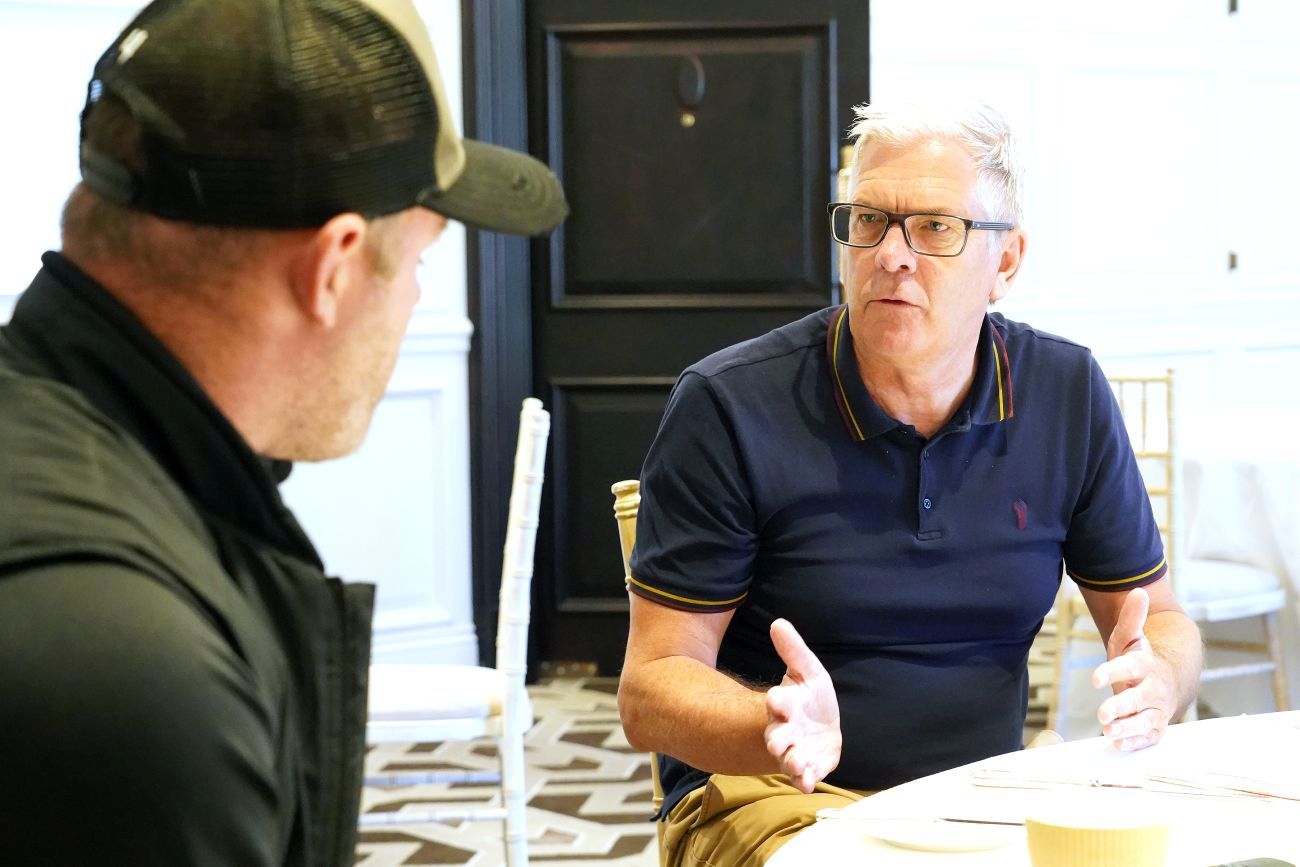
When we talk about memorable games, we have to discuss the Play-Off Semi Final against Leeds United in 2019. It was a game that had everything, but you had a very different experience of the game, didn’t you?
That was a memorable night for everyone involved. It was a terrific performance against a good Leeds side, but if fans remember, the traffic getting to the game was horrendous. There had been a huge crash on the motorway which held us up and we were stuck on the dual carriageway next to Elland Road. I could see the ground, so I could have left my car and walked but that wasn’t an option. I had to wait and wait and wait, which led to me missing the kick off. I missed Leeds’ first goal when they went a goal ahead and I was just sat in the car listening to it on the radio. It was the most surreal experience of my life because I could see the ground and hear the crowd but I was stuck. I’ll admit it, I was almost in tears. When I did eventually get out of the traffic, I couldn’t get in the car park. We had a pass but they wouldn’t let me in because the gates were shut and it was full, so I drove around Elland Road trying to find somewhere to park. I managed to park on the side of a road somewhere, I got out my car and a bloke across the road shouted saying that I should be in the ground by now. It was a Derby fan who had also been held up! Eventually I got in just as Jack Marriott grabbed the goal before half time and the rest, as they say, is history. I remember after the game, I came out of Marcelo Bielsa’s press conference because Frank Lampard was waiting outside with Tom Loakes, the club’s Senior Communications Officer, and he shouted me out, and we had a nice moment of joy. It was a strange night but ended well.
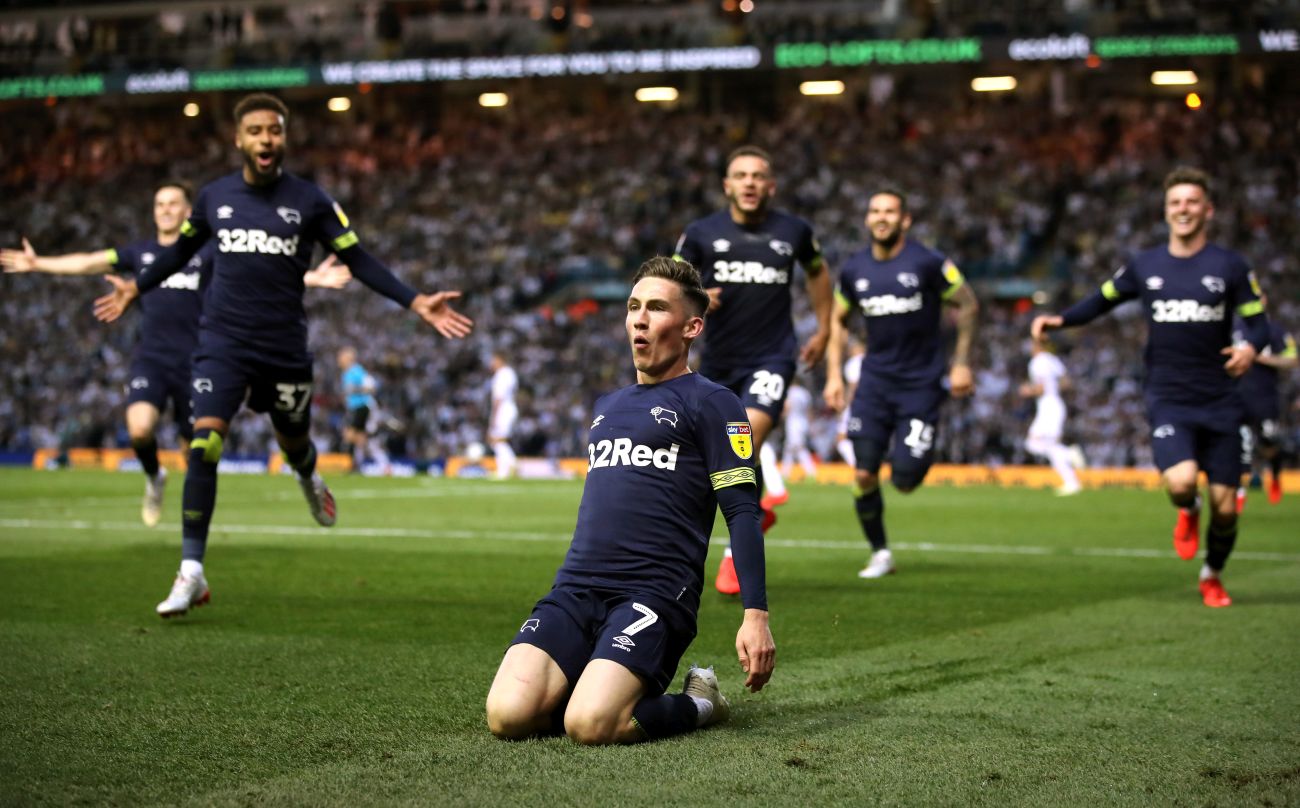
Reporting has changed over the years, especially due to the introduction of social media. The internet has overtaken and made everything instantaneous, but how important is it to still have those old-school values?
Hugely important. I carry a book around with me to every game where I have all the results, goalscorers, who played in the game, substitutions, bookings, etc. I have all that information at my fingertips. I know people will say that you can find that on the internet but it is still quicker to take the book out of my bag and that comes with me everywhere I go. I have 20 books for the last 20 seasons and all the other books over the one hundred years are in a library at work, so you can go in there and pick out a particular season and there is book which Gerald would have kept. It was him that taught me how to do it and he said it would be useful to me and he was right!
I think if I was to give any young football writer advice, you’ve got to embrace new media because it’s helpful but don’t overlook the old way of doing things because that gives you the basics. A lot has changed in modern journalism, but what hasn’t changed is accuracy of what you are writing, knowledge of what you are writing about and gaining respect from people who either read it or managers and players you work with. That respect isn’t given to you, you have to earn it. You earn it through leg work and doing the basics right. Never overlook them because they are crucial. One of those basics is the book that I carry around with me because it has helped me enormously over the years.
Just how important is local journalism, in your opinion?
So much has changed. It’s important for people to understand how much covering a football club has changed. Years ago, ourselves, as the Derby Evening Telegraph, and Radio Derby, were the only two who would cover the club. I remember getting stories first all the time. In those days, I phoned the manager every single day, but that doesn’t happen now. The reason why is that if we all phoned the manager every day, especially with all the different news and media outlets now, the manager would never be off the phone. That has been a huge change. The other change has been the internet and social media, of course. Stories now can appear anywhere, at any time, from any source. It’s impossible to keep on top of that. It’s impossible to have everything first. You might get one or two things, but you might not. Before, that was what we did. Fans had to wait to get the paper and read the news about Derby County, just as they did with the Football Specials on Saturday nights. At one stage, that was how they found out the other results and where Derby were in the table. Now, fans can stand on the concourses and within a minute of the game finishing, they can see the league table on their phone or on the TV, hear reports and hear what the manager has had to say, so it’s all instant now and you can’t control that. I still believe local media is vitally important. I believe they have the best knowledge of the club. They are the most committed to the club because they follow it up and down the country, during the good and bad times, they are always there, and that is the key. It would be easier for fans to look at national media, but it’s the local media that are a constant and cover it thoroughly.
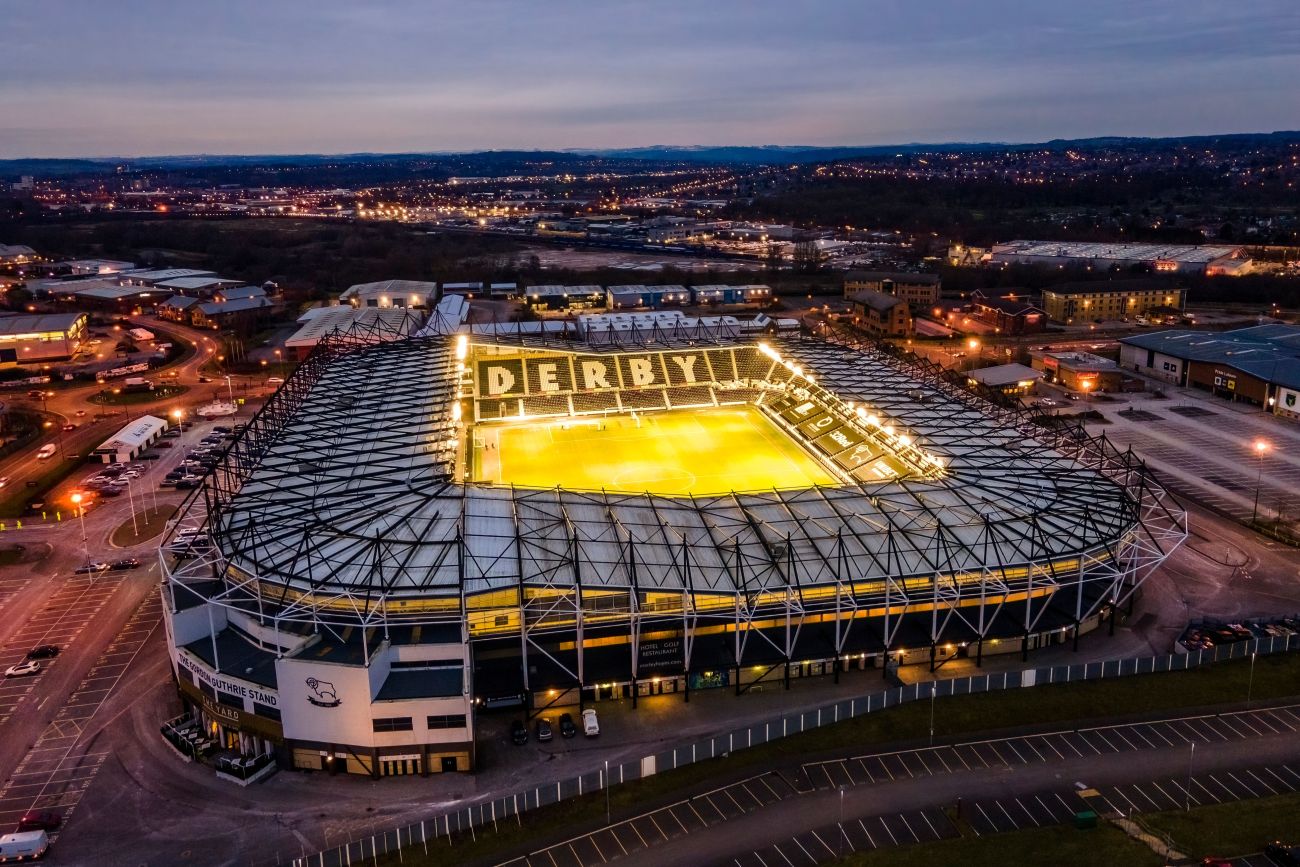
How tough is it to cover a club the size of Derby County?
It’s tougher than people think. I don’t expect people to know how tough it is because I don’t think you do know unless you do it. It’s time consuming. It’s every minute of the day. It’s the last thing I think about before I go to bed, thinking what I have I got for the next day, or what might happen. Then you wake up and wonder what might change and bits like that. Then you watch things on television which don’t involve Derby, but it’s still on your mind. You travel up and down motorways at one o’clock in the morning sometimes, struggling to keep your eyes open after covering a midweek game and it’s tough, but that is the job and you have to crack on with it. There is criticism all the time, some of it fair, some unfair, but that is social media for you. It’s easy to be critical. I would never dream of criticising someone else for the job they’re doing because I know everyone is trying their best, but it’s a tough gig. It has great rewards, don’t get me wrong, but it’s a tough gig.
Within the last 20 years, you’ve worked with a lot of managers and players. You’ve said it’s important to strike up relationships with managers especially, so which ones have truly understood how local media works?
Most of the managers I have worked with have understood it. Sometimes managers who don’t know and come in from the outside don’t grasp the size of this football club and the spotlight that is on it on a daily basis. They soon find out when they arrive, but most of the managers I have worked with understood it quite soon into the job. John Gregory was the first manager I worked with. He was an ex-Derby player and grasped it straight away, as did George Burley. Nigel Clough obviously did given the history with his dad, got it. Wayne Rooney completely gets it and you can tell by the things he says and the bond he has struck up with supporters. I’d like to think if I rang any manager I’ve worked with over the past 20 years, they would all either answer or get back to me, and I think they would. That’s about building relationships. If I couldn’t build a working relationship with the manager, my boss at work would like to know why.
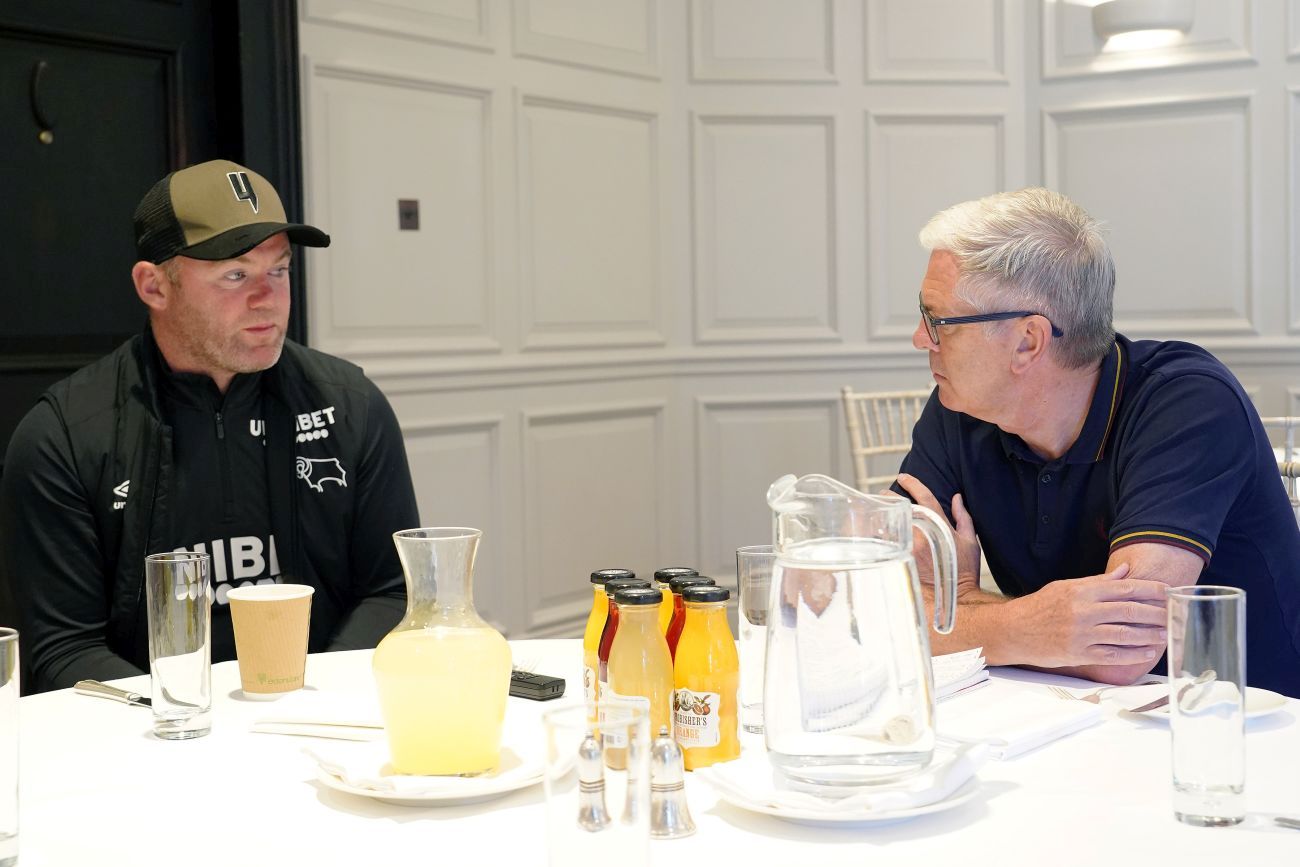
On this season, it has been an incredible in terms of everything that has happened, especially the fight and the togetherness. What have you made of it as a whole?
Where do I start? I think we knew in the summer when the transfer embargo was around that they couldn’t strengthen the squad. I knew Wayne Rooney had plans and targets to strengthen the squad but because of the situation off the pitch, he couldn’t do that so you sensed it could be a tough season. We had the points deductions hanging over the club, first the 12 and then the nine, so what it has done, take away those blows, it has just galvanised everyone. It has been a siege mentality. I kept looking at the table, knowing that the club had 21 points deducted, but still believed they had a chance of staying up. It was remarkable. What it has done, also, is built the bond between the team, the manager and the supporters. It was terrific in the 1980s under Arthur Cox but this is really strong at the moment. It’s kept me in a job, for sure! We’ve had seasons where we’ve wondered where the next win is coming from, especially the Premier League campaign, but with this group of players, they will win games, lose games, that happens, but what you know is that you go to games thinking they’ve got a chance. They will always give it a go and they’re committed. Sometimes it will be good enough, sometimes it won’t, but you know they will gave it their best shot. With the situation that they’ve been in, that’s all the fans want to see. If they give it their best, so will the fans, and together that combination works.
Your association with the football club stretches back nearly four decades. You’ve seen a lot of moments, as we’ve discussed, so what does make Derby County so special in your opinion?
It’s one club. A lot of places have more than one club. The big cities do. Here, it’s just one club. What hammers it home to me, wherever I go, people want to talk about it. If I go shopping, they want to talk about it, I like to spend my time at National Trust places and there is always someone there who wants to talk about it. I went to look at a new house not long ago and the person selling it was a Derby fan. You can even have people come to your house, whether it be plumbers, electricians, but they all want to talk about it and that shows to me the passion for the place. Unless you’re inside and you’ve seen it, I don’t think people realise the impact the size of the club and the passion for it. It’s staggering and shows with the attendances most of the time. It’s shown this season with the way the fans have got behind the club. Everyone wants Derby to do well and it’s great. It’s a great feeling when things are going well, but at times when it’s not going well, like now, it's also really good because that’s when you see the real passion come out like we’re seeing.
----------
Congratulations on a fine career, Steve. Everybody at Derby County Football Club would like to wish Steve all the best for the future.

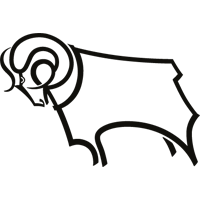
 3/1 To Win
3/1 To Win
